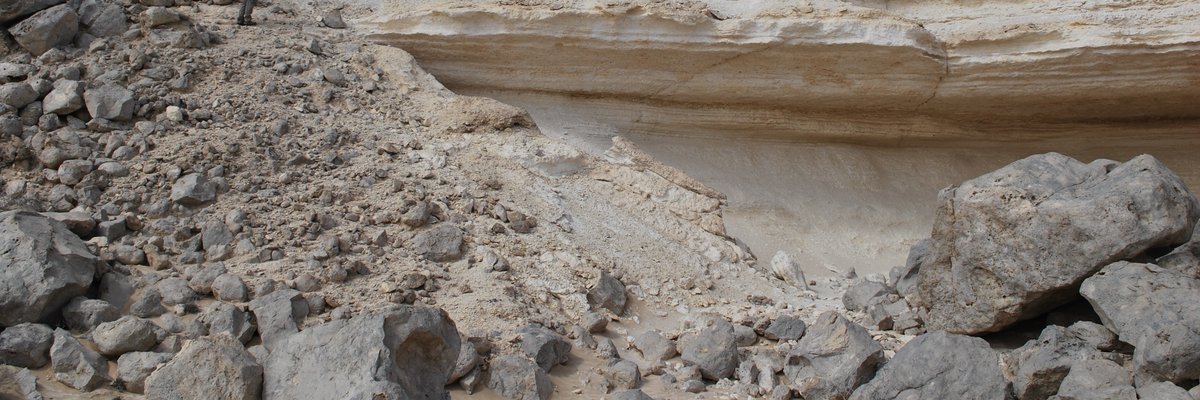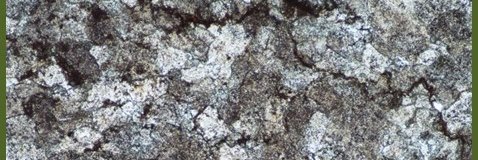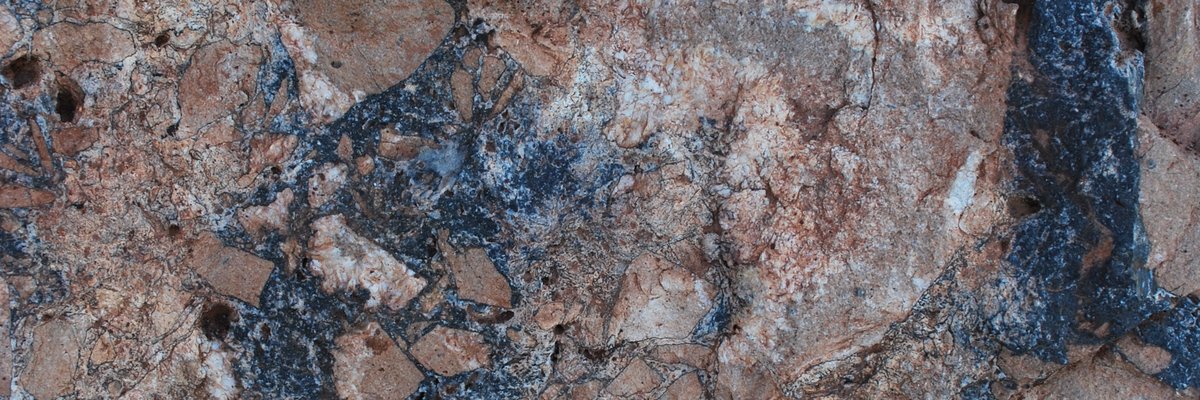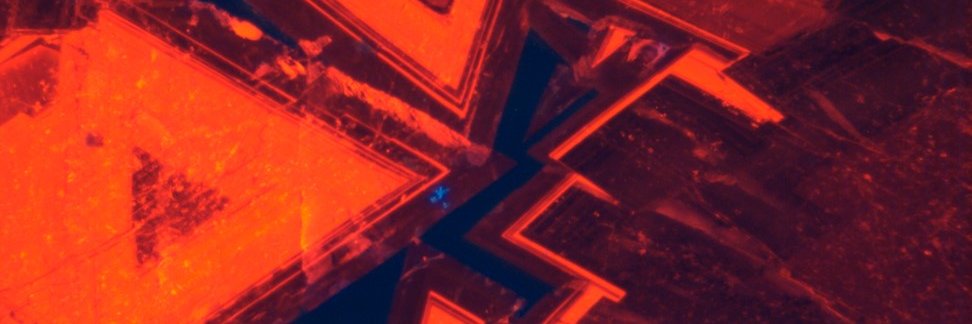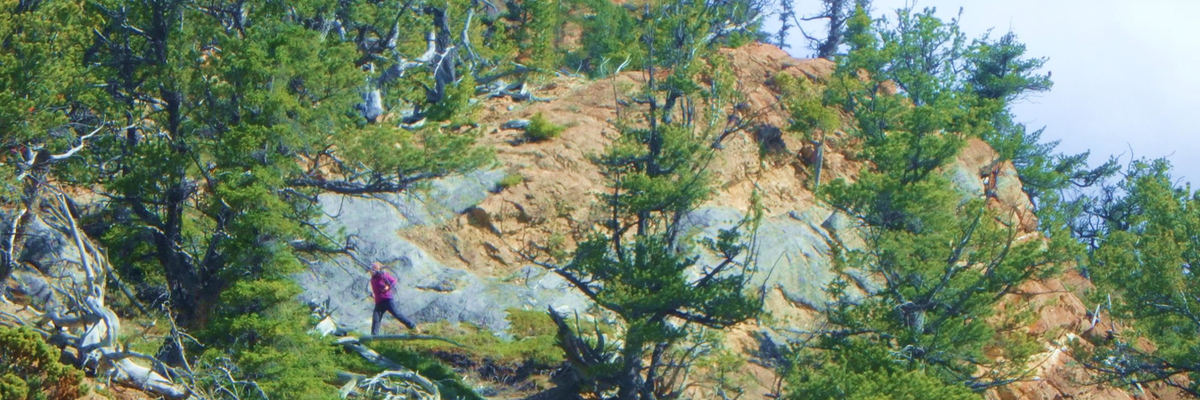Carbonate sedimentary rocks are biogeochemical precipitates that are deposited under specific environmental conditions, usually shallow, warm and clear seawater or, less commonly, lakes. Their composition has evolved through geological time as a function of changes in the Earth’s climate, seawater chemistry and evolution. This makes them unique proxies for global environmental change in deep time. They also have high economic value; carbonate rocks host over 50% of the World’s oil and gas reserves as well as large volumes of low-temperature minerals such as lead and zinc sulphides, barite and fluorite. Limestone is commonly quarried for building stone, road-stone and cement production, may be associated with salt deposits and forms important aquifers for fresh- and geothermal water. Finally, carbonate rocks are highly reactive, and can dissolve to form caves and sink holes that form a distinctive natural topography with unique ecosystems. Sometimes, sinkholes created by dissolution of limestone and evaporite minerals collapse, creating localized geo-hazards and engineering challenges.
The carbonate research group in the School of Earth and Environmental Science is led by Prof Cathy Hollis, with Dr Stefan Schroeder and a team of academic staff working in the field of carbonate sedimentology and diagenesis. We provide undergraduate and postgraduate teaching and research training, working in a range of locations worldwide. We can also provide industrial training, both classroom and fieldwork based, and consultancy in carbonate sedimentology.
